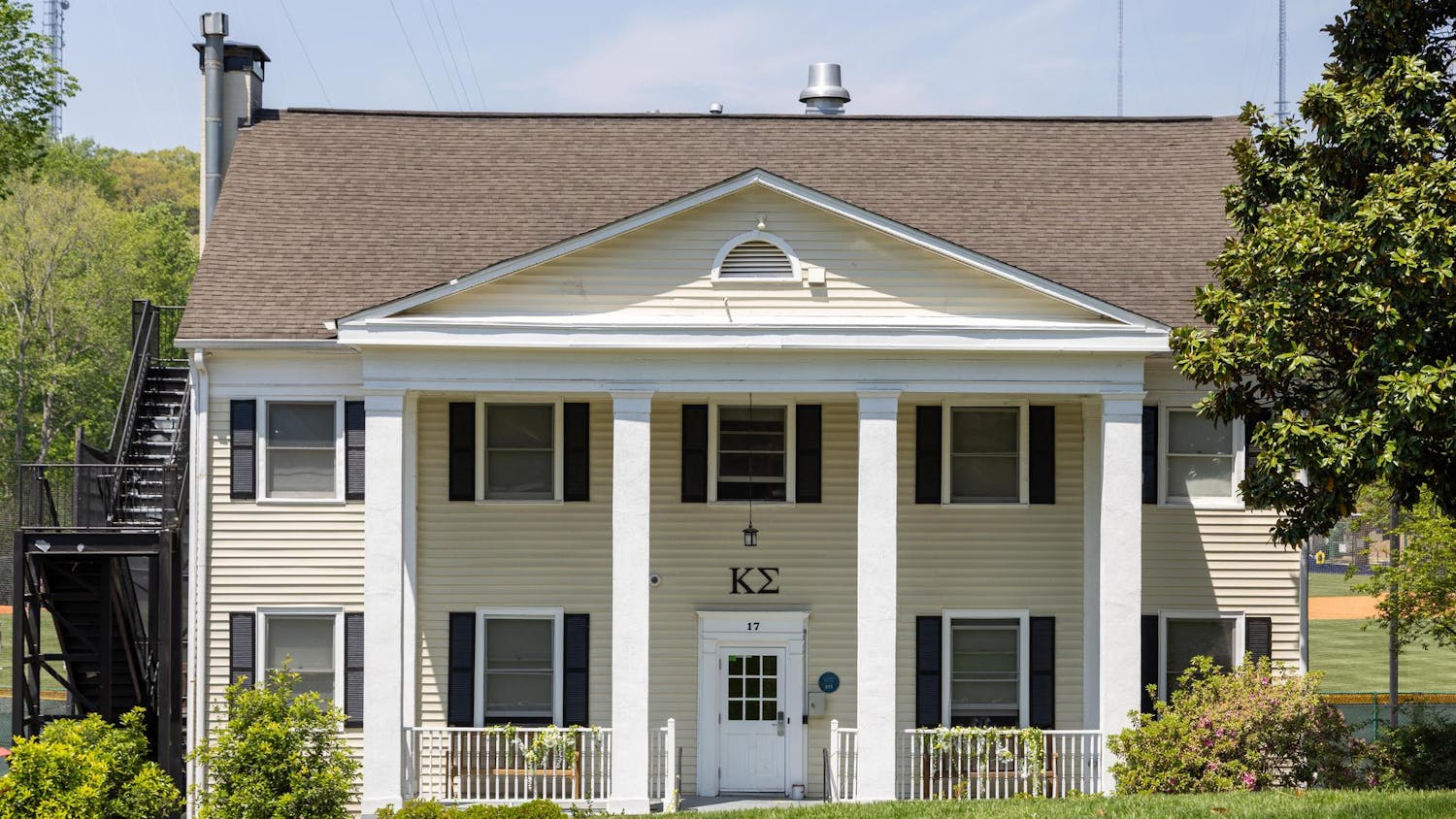My pop, a quintessential Southern grandpa, retired army cook and grumpy old man, once asked me, “Did he have a chance to go back to his country over break?”
His words were about a dear friend of mine, who is just as American as Pop. That day, he was genuinely curious about the people important to me. He does not know how to ask questions that align with today’s politically correct standards. Instead of reacting with frustration, I chose to take a different approach: I calmly explained to him that this country was just as much my friend’s home as it was mine and his.
Two days before my journey back to Emory University, in a flurry of last-minute goodbyes, I embarked on a drive down the winding rural roads leading to my grandparents’ house, wanting to sit and chat with Pop before bidding him farewell. The warm Tennessee breeze filled the open windows of their home, and the faint murmur of a golf tournament played on the television as we conversed. Pop, ever curious about my upcoming semester, asked about my classes, displaying a genuine interest despite his limited understanding of the subjects.
The conversation took a sharp turn when he asked me if my friend had a chance to visit “his country” over summer break. Stunned into silence, I felt a surge of anger rising within me. The abrupt shift from light-hearted banter to a jarring, xenophobic comment felt like an affront to everything I believed in. Pop, meanwhile, gazed at me with an expectant expression, waiting patiently for my response.
Collecting myself, I took a deep breath and gently explained, “Well, Pop, he spent nearly all his time in his country. The only time he ever left the United States was when we went on vacation together. This country, the United States, is his home.”
I endeavored to convey to Pop that while my friend was of Chinese ethnicity, his home was firmly rooted in the United States, not in China.
Pop listened attentively; I could tell the gears were turning in his mind. To him, the concept that an individual of Chinese heritage could consider the United States their homeland was too absurd to grasp. While I found his viewpoint perplexing, I recognized that his outlook was shaped by his life experiences and the lens through which he viewed the world. His early life was one of scarcity, and he viewed everything in his life as something that needed to be protected or defended. Pop’s comment stemmed from a genuine curiosity about my friend’s travel plans, albeit expressed in a manner that clashed with the language of my generation, one which prides itself on progressivism and diversity. Despite his lack of understanding regarding the distinction between ethnicity and nationality, I saw that he made an effort to comprehend my words.
In this encounter, I learned a valuable lesson: Ignorance and malice are not the same thing. Pop’s missteps emerged from a place of unawareness rather than ill will. There are people who use malice to fuel hate and hostility, but with my grandfather, this was not the case.
In choosing not to react impulsively and take offense that day, I allowed myself to view Pop not as an adversary but as a person on a journey of understanding. I discovered the power of initiating an educational and non-confrontational dialogue, recognizing that such exchanges have the potential to reshape harmful narratives for the better. The ability to do so was structured by my pre-existing love and empathy for him, and I encourage everyone to adopt this approach in daily interactions.
Often, when faced with opposing viewpoints, our instinct is to shut down, either through aggressive confrontation or passive disengagement. However, by recognizing that others’ words may stem from ignorance rather than malice, we can then take it upon ourselves to offer informative insights about alternative viewpoints.
Many people at Emory lack exposure to diverse perspectives, leading to statements or actions that may seem insensitive or misinformed. A lot of students, including myself, tend to respond to these statements with anger and frustration. It can be increasingly difficult to empathize with someone who is ignorant. Engaging in non-confrontational conversations driven by patience and empathy is a powerful form of activism. It lays the groundwork for mutual understanding and fosters educational enlightenment, built on respect and open dialogue. Through these efforts, we can work toward creating a more informed and compassionate campus and society, where meaningful conversations become catalysts for positive change.
Lola McGuire (26C) is from Nashville.

Lola McGuire (she/her) (26C) is the opinion editor of The Emory Wheel. She is from Nashville, Tennessee majoring in history and political science. Outside of the Wheel, Lola has worked in local government, museums and journalism with positions at the Atlanta History Center and Rough Draft Atlanta. Previously, Lola was awarded the 2024 Most Valuable Conciliator from the Sandra Day O'Connor College of Law. In her free time, Lola loves reading books while absorbing the sunshine and drinking an iced lavender matcha latte.






